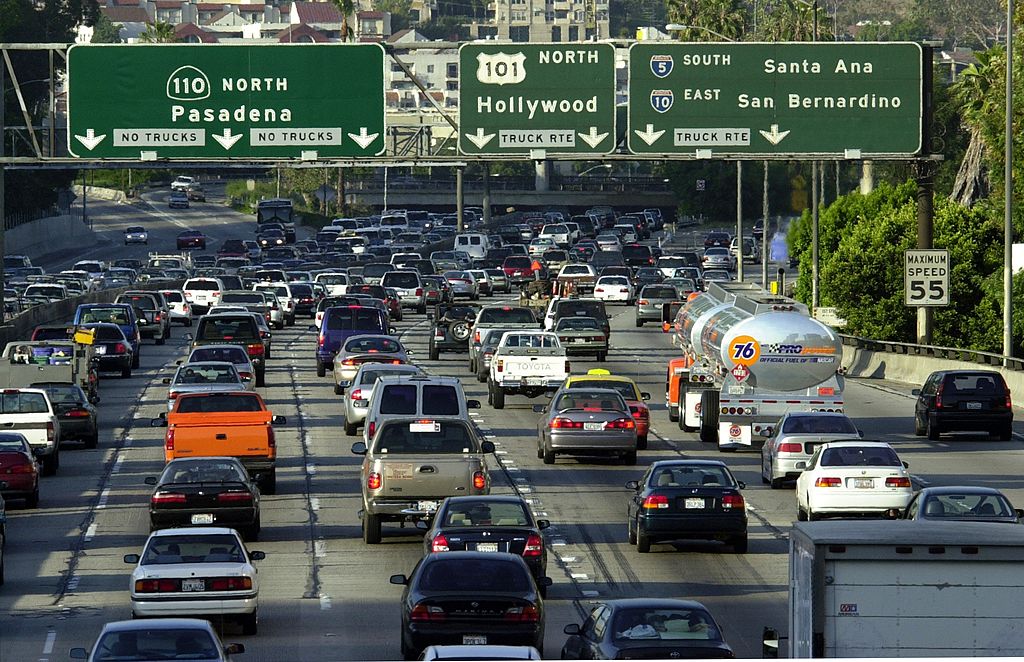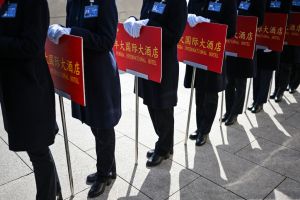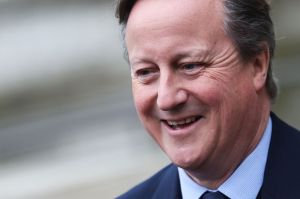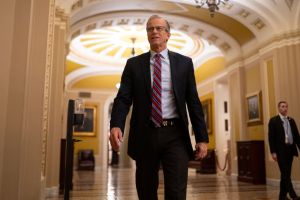Stepping off the plane at LAX, the protagonist in Christopher Buckley’s comic novel Thank You for Smoking breezily observes that “arriving there always made it feel like Friday, even in the middle of the week facing a full workload.” There’s just something about LA’s perfect weather, attractive people and sense of living for tomorrow that instantly lifts your spirits.
Born and raised in Boston and having spent most of my adult life within the narrow mental and professional confines of the Acela corridor, I used to be the typical East Coast snob when it came to America’s second-largest city. Sure, I acknowledged, the temperature is always a sublime seventy-two degrees. But how can you endure the traffic? Yes, it’s difficult not to stare at every other person. But have you ever tried having a substantive conversation with any of them? After a decade toiling in the fetid swamp of Washington, DC, however, my feelings about the relative merits of LA life have changed dramatically. Now, all I want to do all day is take meetings poolside at the Beverly Hilton, eat avocados and drive a convertible with the Eagles on full blast.
I have been coming to LA intermittently for about fifteen years, usually at the behest of my friend Thor Halvorssen, the human rights impresario and film producer. Thor has a theory as to why everyone here is so much friendlier than the rat-racing neurotics back east: Angelenos are all desperate for fame and eager to please anyone who might help them acquire it. Aspiring actors, singers or social media influencers craving their fifteen minutes can never know for sure if that schlub at the party looking the worse for wear from a three-day coke bender is in fact the big-shot producer who will hand out a lucky break. This lends a degree of superficiality to social interactions which, whatever its faults, at least has a way of making daily life less nerve-wracking.For instance, when a waiter botches my breakfast order one morning, delivering my meal so late that my companion has nearly finished his, he is too apologetic (and too handsome) for me to complain.
If fame determines status in Los Angeles, power is the social currency in Washington. This means that the nation’s capital is swarming with the sort of people who, in high school, were hall monitors and student council presidents, a facet of Washington life the pandemic made unmistakably plain. Recently I was attending a show at the Kennedy Center when, minutes before the curtain rose, a man five seats to my right in the row before me turned around and instructed me to raise my face mask above my nose. “Really?” I asked, incredulous at his hawklike ability to spot my imperfect compliance with CDC guidelines. “We don’t want to die,” he replied without a trace of irony. “You’re not going to die,” I reassured him, at which point his companion, a short, sturdy woman to whom the sobriquet “Karen” does not begin to do justice, spun around and shrieked, “Put your fucking mask on!” If I am constantly being made to feel like Los Angeles’s most infamous resident, Larry David, I might as well live there.
One problem with the LA weather is that you become so inured to its perpetual pleasantness you forget the rules those living in other, less relaxed cities follow as a matter of course. Strolling into the California Club in the heart of LA’s financial district, I realize that the golf shirt and shorts I’m wearing violate the dress code — jacket and slacks. The friend I am there to meet, Donald Trump’s last national security advisor, Robert O’Brien, suggests we convene at a coffee shop across the street. When I mention the subject of my forthcoming book, a history of gay Washington, Robert regales me with the opening line of a speech he recently delivered to a conclave of gay Republicans. “All of you are here today because of the difficult and courageous decision you had to make,” he told the assembled homocons. “A decision that risked forfeiting the respect of your friends and the love of your families. You chose to come out… as Republicans.” Robert has been mentioned as a dark-horse candidate for the GOP nomination should his former boss decide not to run. I cannot imagine exchanging a life in sunny Los Angeles for one in dreary Washington, but if Robert wants to throw his hat in the ring, I am happy to trade places.
Another friend of mine, a New Yorker who detests Washington, describes it as a city where everyone looks in the mirror and sees either the president of the United States, the secretary of state, or Walter Cronkite. If Washington, as the wags say, is Hollywood for ugly people, why not at least live where those who look in the mirror see something pretty staring back at them?
James Kirchick is author of Secret City: The Hidden History of Gay Washington, published by Henry Holt. This article was originally published in The Spectator’s June 2022 World edition.


















